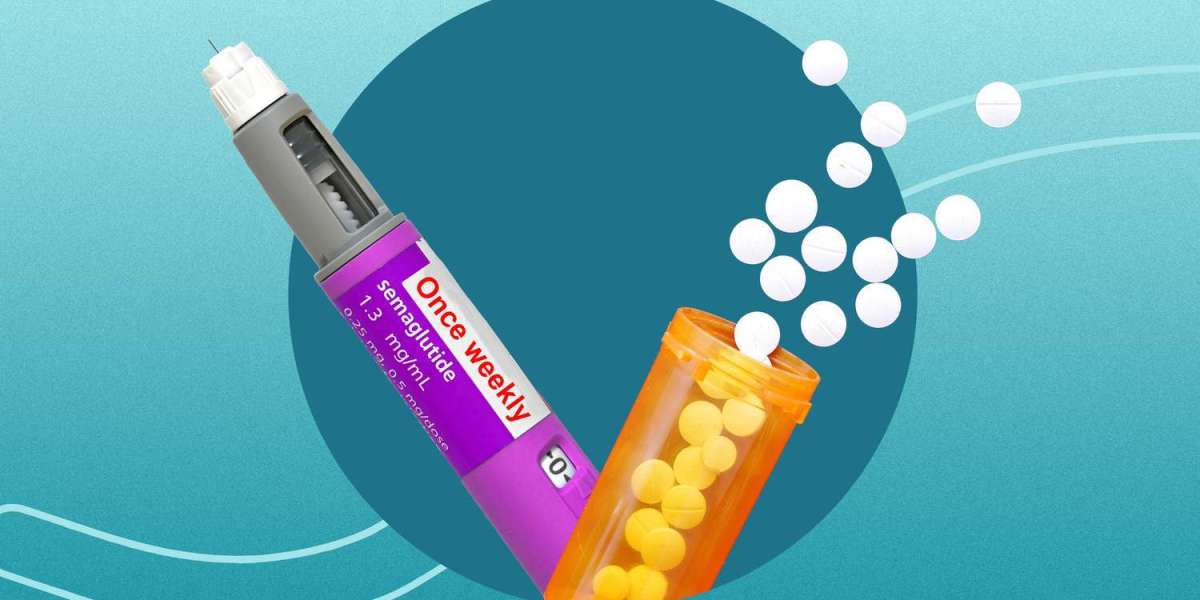Do you feel unusually hot, dizzy, or weak in warm weather? Your medication might be the reason. Some commonly used drugs can interfere with the body’s ability to cool itself, increasing the risk of heat-related illness. This article explores the list of medications that cause heat intolerance, including their effects, symptoms, and how to stay safe.
What Is Heat Intolerance?
Heat intolerance is when the body cannot regulate its temperature properly, especially during hot weather or physical activity. Common symptoms include:
Excessive sweating or lack of sweating
Rapid heartbeat
Nausea or dizziness
Weakness or confusion
Certain medications can disrupt thermoregulation, making people more vulnerable to overheating.
How Medications Affect Body Temperature
Drugs can cause heat intolerance by:
Reducing the body’s ability to sweat
Altering blood circulation
Dehydrating the body
Affecting the brain's temperature regulation center
Knowing the specific medications that pose these risks is essential—especially for those in hot climates or with existing health conditions.
The Essential List of Medications That Cause Heat Intolerance
Here’s a closer look at the most common drugs linked to heat sensitivity:
1. SSRI Heat Intolerance
SSRIs (Selective Serotonin Reuptake Inhibitors) such as fluoxetine, paroxetine, and sertraline are widely used to treat depression and anxiety. These medications affect serotonin levels in the brain, which also play a role in temperature regulation. This can lead to SSRI heat intolerance, especially during hot weather or vigorous activity.
2. Medications That Cause Heat Intolerance in Blood Pressure Treatment
Blood pressure medications like diuretics, beta-blockers, and ACE inhibitors are among the medications that cause heat intolerance. Diuretics increase fluid loss, leading to dehydration, while beta-blockers reduce blood flow to the skin. Both mechanisms can cause high blood pressure heat sensitivity, particularly when exposed to heat or during exercise.
3. Drugs That Cause Heat Intolerance by Blocking Sweat
Anticholinergic medications, often prescribed for allergies, overactive bladder, or gastrointestinal issues, can block sweat gland function. This means the body loses its ability to cool down, making these drugs that cause heat intolerance especially dangerous in the summer.
4. Stimulants for ADHD and Heat Sensitivity
Medications like amphetamine (Adderall) and methylphenidate (Ritalin) are stimulants used for ADHD. They increase metabolic activity and body heat production. These drugs can also suppress thirst, making dehydration more likely. People on these medications need to be cautious during hot weather.
5. Which Antidepressants Cause Heat Intolerance
In addition to SSRIs, other antidepressants such as tricyclic antidepressants (TCAs) and monoamine oxidase inhibitors (MAOIs) are known to cause heat intolerance. These drugs have strong anticholinergic effects, making it harder for the body to sweat and maintain a stable temperature. If you’re wondering which antidepressants cause heat intolerance, these are high on the list.
6. Gabapentin a Blood Thinner?
There is a common misconception about gabapentin a blood thinner, but this is not true. Gabapentin is used for nerve pain and seizures and does not affect blood clotting. However, it may still interfere with nerve signals that control temperature regulation, potentially contributing to heat sensitivity in some users.
7. Metformin and Heat Sensitivity
Metformin, a common medication for type 2 diabetes, may lead to dehydration and increased risk of heat intolerance. While not everyone is affected, those with underlying kidney or heart issues may be more vulnerable. Metformin and heat sensitivity is something patients should monitor, especially when active or in hot environments.
Signs You May Be Experiencing Medication-Related Heat Intolerance
Watch for these warning signs, particularly during hot weather:
Headache or lightheadedness
Nausea or vomiting
Red, hot, and dry skin (lack of sweat)
Muscle cramps
Fast, weak pulse
If these occur, stop all activity, cool down, and seek medical help if symptoms are severe.
How to Stay Safe
If you're taking any of the medications that cause heat intolerance, follow these tips:
Drink plenty of water daily
Avoid outdoor activities during peak heat hours
Wear light, breathable clothing
Use fans, air conditioning, or cooling towels
Limit intense physical activity
Speak with your doctor before making medication changes
Never stop a prescribed medication without consulting your healthcare provider.
Conclusion
Being aware of the list of medications that cause heat intolerance can help you avoid dangerous heat-related health problems. From SSRI heat intolerance to metformin and heat sensitivity, knowing how your prescriptions affect your body is key to staying safe—especially in hot conditions.
Caimlu is your guide to understanding how medications impact your health and helping you live informed, healthy, and protected year-round.





